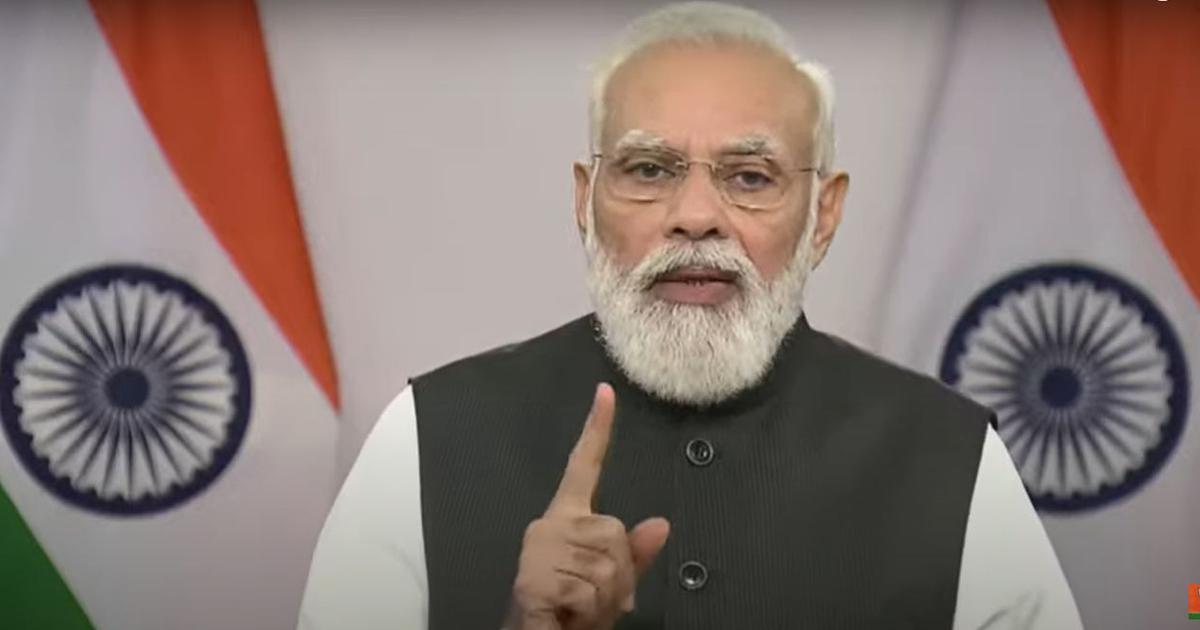Prime Minister Narendra Modi on Friday addressed the nation at 9 am. In a stunning U-turn, the prime minister has decided to repeal all three agricultural reform laws that have sparked almost a year of massive protests by farmers. He said his cabinet will take the decision next month.
The announcement came on the Guru Purab festival, when Sikhism founder Guru Nanak’s birthday is celebrated.
“Maybe something was lacking in our tapasya, which is why we could not convince some farmers about the laws. But today is Prakash Parv, not the time to blame anyone. Today, I want to tell the country that we have decided to repeal the three farm laws,” PM Modi said.
After several rounds of talks between the government and farmer unions failed to end the protests, the Supreme Court stayed the implementation of three farm laws.
Farmers from Punjab, Haryana, Uttar Pradesh and other states have been camping at Delhi’s borders since November 2020 in protest against the three legislations, the Farmers’ Produce Trade and Commerce (Promotion and Facilitation) Act, 2020, Essential Commodities (Amendment) Act, 2020, and Farmers (Empowerment and Protection) Agreement on Price Assurance and Farm Services Act, 2020.
The protests have continued for over a year as deliberations between the government and farmers unions failed.
“We haven’t been able to convince farmers. Only a section of them was opposing the laws, but we kept trying to educate and inform them,” PM Modi said.
The opposition and farmers accused the government of railroading the three laws without much discussion in parliament.
WHAT ARE THESE 3 FARM LAWS ABOUT?
The Farmers’ Produce Trade and Commerce (Promotion and Facilitation) Act provides for setting up a mechanism allowing the farmers to sell their farm produces outside the Agriculture Produce Market Committees (APMCs). Any licence-holder trader can buy the produce from the farmers at mutually agreed prices. This trade of farm produces will be free of mandi tax imposed by the state governments.
The Farmers (Empowerment and Protection) Agreement of Price Assurance and Farm Services Act allows farmers to do contract farming and market their produces freely.
The Essential Commodities (Amendment) Act is an amendment to the existing Essential Commodities Act. This law now frees items such as foodgrains, pulses, edible oils and onion for trade except in extraordinary (read crisis) situations.

